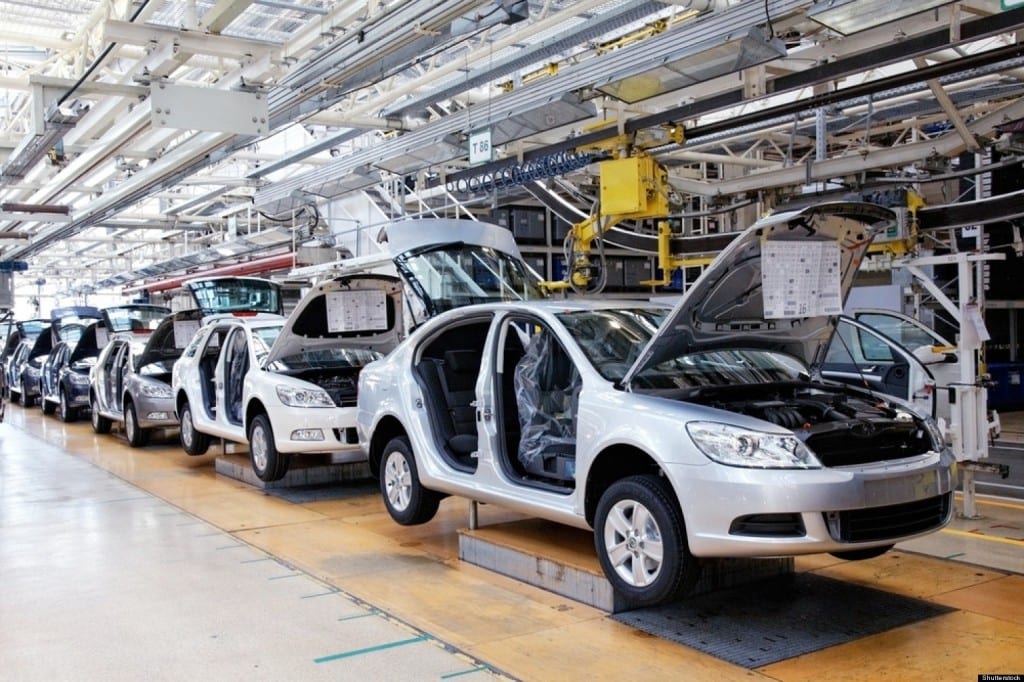
KAutomotive components makers in Thailand, home to largest car and trucks manufacturing hub in Asean, are reaching out to their counterparts in Malaysia for potential tie-ups.
“Future collaborations will bring about many benefits to both countries as we will be able to share our technology and boost efficiency to achieve higher volumes and derive better values in our products,” Thai Subcontracting Promotion Association president Somkiat Chupukcharoen said.
He was speaking to reporters at a briefing on METALEX 2015, Asean’s largest metal working exhibition for updates on technology, networking and sourcing opportunities.
The exhibition, which will be held in Bangkok on Nov 18-21, will cater to some 70,000 manufacturers, featuring live demonstrations by over 2,700 brands from 50 countries including nine international pavilions and the largest gathering of Japanese brands and technology in Asean.
“The Thai government is keen to promote trade and services between Thailand and Malaysia to include product sourcing, fairs and establishing networks to expand business opportunities,” ambassador of Thailand to Malaysia Damrong Kraikruan said.
Currently, there are 2,400 auto parts makers in Thailand and 300 in Malaysia.
Manufacturers in Malaysia are known for passenger cars, Thailand for pick-up trucks and Indonesia, for multi-purpose vehicles.
Delloyd Ventures Bhd executive director Datuk Noor Azmi Jaafar said Malaysian-made automotive parts were of high standards and quality.
“Safety standards have to comply with the countries that the products are being exported to, so there is no compliance issue on the matter,” he said.
With car production figures in the country already reaching its saturation point, Noor Azmi said the next step for local manufacturers was to expand into other markets in the region.
“When we have this within Asean, the car could be produced in Thailand or Indonesia or other Asean countries and then imported to Malaysia. This is the most pressing issue for us now,” he said.
Chupukcharoen said Thailand had a similar growth curve building up its vehicle production capacity to 2.46 million units today, with a strong push for eco cars, big bikes, trucks and busses with GPS fleet control.
“Thailand has a good access to automotive parts market in Asean because of its long-term relationship with leading vehicle brands in Asean,” he said.
Meanwhile, Noor Azmi said Delloyd had set up two factories in Thailand and three in Indonesia with its local counterparts.
He said manufacturers like Delloyd, who sourced the majority of raw materials locally or regionally, were not affected by the weakening ringgit.
“Most of our procurement is from Malaysia and Thailand, and some from Japan and South Korea. The majority of it are from Asean, so we are not affected,” Noor Azmi said. “But those who procure from outside the Asean region are heavily affected.”